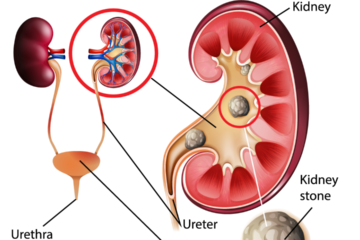Sexually Transmitted Diseases
What is a sexually transmitted disease?
Sexually transmitted diseases (STD) are host of infections that an individual may acquire through intimate contact, unprotected sexual intercourse which can be vaginal, anal or oral. These infections can be caused by bacteria, virus, fungus or parasites.
How do I know I have contracted STD?
Following features can indicate that you have contracted some form of STD:
- Rash/ redness on genitals
- Burning while urinating
- Yellow discharge from tip of penis/urinary passage or vagina in females.
- Appearance of a fluid filled blister on genitals.
- Ulcer on genitals, mouth
- Abnormal growth, cauliflower shaped skin outgrowth, rounded elevated lesions on/around genitals.
How do I know my partner had STD?
There is no way to be sure as STD may be asymptomatic and your partner might have been a silent carrier. If possible get your partner tested for STD results of which may give us some idea. If at time of intimacy if you have observed some genital rash, discharge, foul smell, it is likely that the partner is carrying some form of STD and you should be cautious.
I had unprotected sex with a partner. What should I do now?
Well you have acted very irresponsibly and most important advice is avoiding such a mishap in future. If the exposure has been high risk i.e with a professional sex worker, you may take post exposure prophylaxis (PEP) within 72 hours of exposure to prevent infection by HIV. Take vaccine for Hepatitis B if not already taken. Visit the clinic if you have any of the above written signs/symptoms of STD.
Can STD spread through oral sex?
As mentioned above, yes it can spread through oral sex. It is prudent to use a condom even during oral sex.
How is STD diagnosed?
The diagnosis is suspected by above symptoms. Confirmation is done by a battery of blood and urine tests.
What is the treatment for STD?
The treatment depends on the kind of STD one has contracted.
- For bacterial STD a course of antibiotics.
- For Herpes virus a course of antiviral medications can control the flare and severity.
- For HPV local application of certain medications over the growth and removal of growth.
- For Molluscum Contagiosum removal of lesion with chemical cauterization of base.
- For hepatitis B best way is to prevent it by immunization. Specific antiviral medications are available to control viral hepatitis (both Hepatitis B and C).
- For pubic louse anti-lice shampoos.
If you are happy with your visit and are getting better please write a review:
You can google drsumiturologist or Deetyaclinic: there will be a business page towards right side. Please write a review and help us grow



